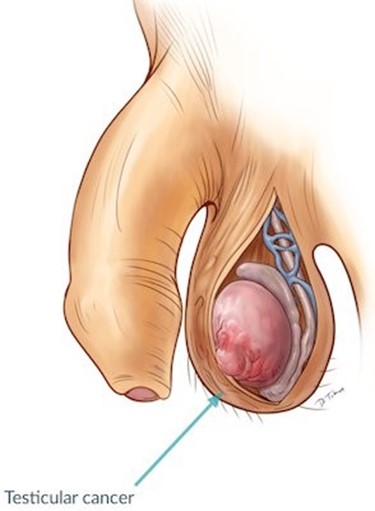A nurse is reviewing the medical history of a client who has osteoarthritis. The client asks the nurse about taking the supplement chondroitin with glucosamine. The nurse should instruct the client to use this supplement with caution because of which of the following findings in the client's history?
Allergy to eggs.
Hypotension.
History of hypoglycemia.
Anticoagulant therapy.
The Correct Answer is D
Choice A rationale:
Allergy to eggs is not a contraindication for taking chondroitin with glucosamine. These supplements do not contain eggs and are generally safe for individuals with egg allergies.
Choice B rationale:
Hypotension is not directly related to the use of chondroitin with glucosamine. These supplements are not known to cause significant changes in blood pressure.
Choice C rationale:
History of hypoglycemia is not a specific concern with chondroitin and glucosamine supplements. These supplements do not significantly impact blood sugar levels in people without diabetes.
Choice D rationale:
The correct choice. The nurse should instruct the client to use chondroitin with glucosamine with caution if they are on anticoagulant therapy. Chondroitin and glucosamine may have mild anticoagulant effects, and when combined with prescribed anticoagulant medications, there is a potential risk of increased bleeding or altered blood clotting times. It is essential to monitor the client's coagulation parameters closely if they decide to use these supplements.
Nursing Test Bank
Naxlex Comprehensive Predictor Exams
Related Questions
Correct Answer is C
Explanation
Choice A rationale:
Having the client point their chin upward to swallow is not a recommended action to reduce the risk of aspiration. In fact, this action can increase the risk of choking and aspiration, as it may cause food or liquids to enter the airway.
Choice B rationale:
Offering the client saltine crackers between meals is not a suitable action for reducing the risk of aspiration. Saltine crackers are dry and can be challenging to swallow for someone with dysphagia, potentially increasing the risk of aspiration.
Choice C rationale:
Thicken liquids before serving is the correct action to reduce the risk of aspiration in a client with dysphagia. Thickened liquids are easier to swallow and less likely to enter the airway, reducing the risk of aspiration pneumonia.
Choice D rationale:
Placing food on the affected side of the mouth does not address the risk of aspiration directly. Dysphagia may affect both sides of the mouth, and placing food on one side does not ensure safe swallowing and reduces the effectiveness of addressing the problem.
Correct Answer is A
Explanation
Choice A rationale:

Testicular cancer may present as a painless lump or swelling in the testicle. It's important for the client to monitor for any new or unusual lumps, as they could be indicative of cancer.
Choice B rationale:
A decreased size of the testicle is not a typical manifestation of testicular cancer. It is more commonly associated with conditions like testicular atrophy due to other causes.
Choice C rationale:
Asymmetry in the position of the testicles, with one testicle descending lower than the other, is a normal variation and not a sign of testicular cancer.
Choice D rationale:
Dilated veins above the testicle can be a sign of a varicocele, which is a separate condition from testicular cancer. It is caused by abnormal enlargement of veins in the scrotum and is generally not associated with cancer.
Whether you are a student looking to ace your exams or a practicing nurse seeking to enhance your expertise , our nursing education contents will empower you with the confidence and competence to make a difference in the lives of patients and become a respected leader in the healthcare field.
Visit Naxlex, invest in your future and unlock endless possibilities with our unparalleled nursing education contents today
Report Wrong Answer on the Current Question
Do you disagree with the answer? If yes, what is your expected answer? Explain.
Kindly be descriptive with the issue you are facing.
